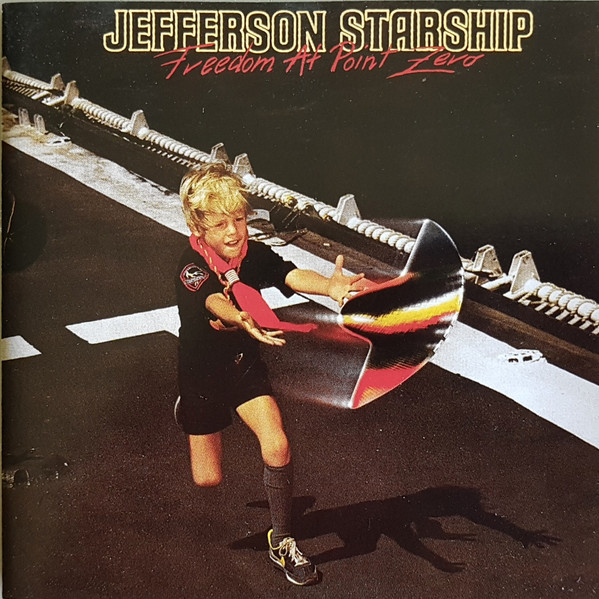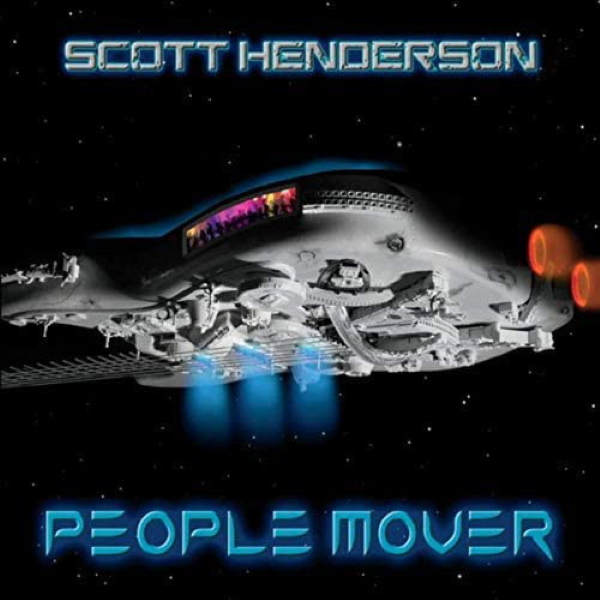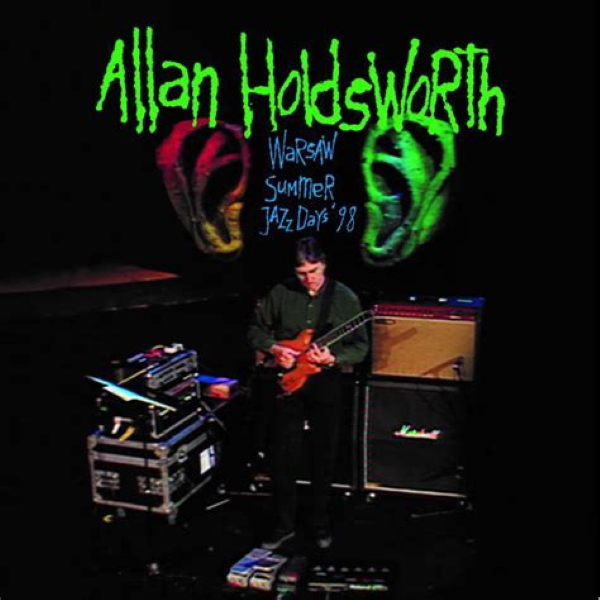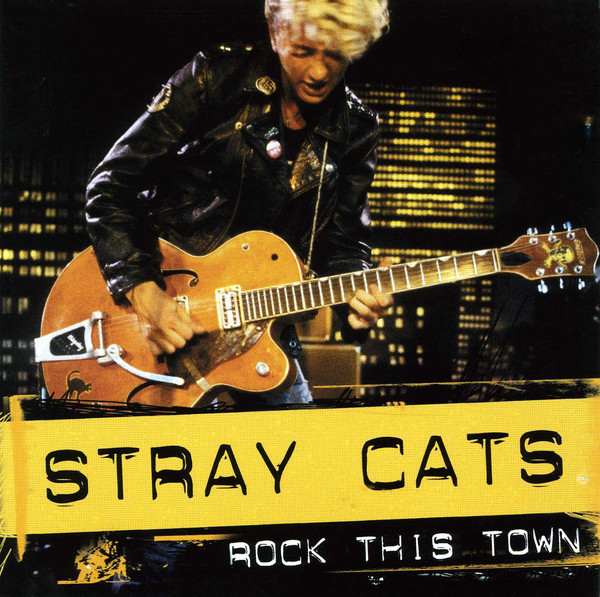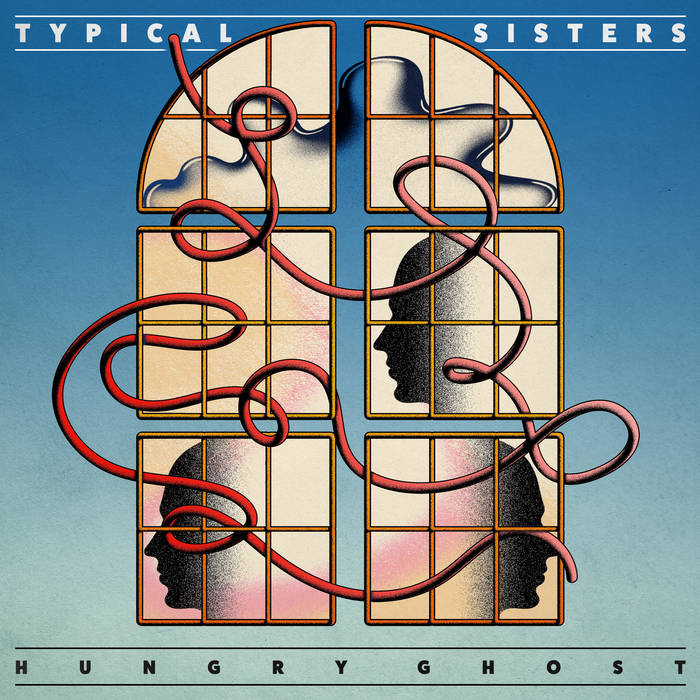Say what you must about the group that shapeshifted from the band that made “Somebody to Love” to the band that made “We Built This City,” but anyone who wants to dis them too hard has to reckon with the high points of their output. While never a megahit, “Jane” has been an FM radio staple for four decades and may well be the most identifiable single from the Jefferson Starship incarnation. Much of its enduring appeal resides in the contributions of rhythm guitarist Paul Kantner and, especially, lead guitarist Craig Chaquico.
Beginning with a clean, phase-shifted arpeggiated Em7-Gmaj7 riff, the guitarists quickly kick on crunchy sounds and cue the rhythm section with a pick-up that precedes the tight and punchy main riff. The riff is simple, but the song resists reduction to a bonehead riff with dramatic chromatic climbs, a faux-Carribean breakdown, and a key change leading into the guitar solo.

